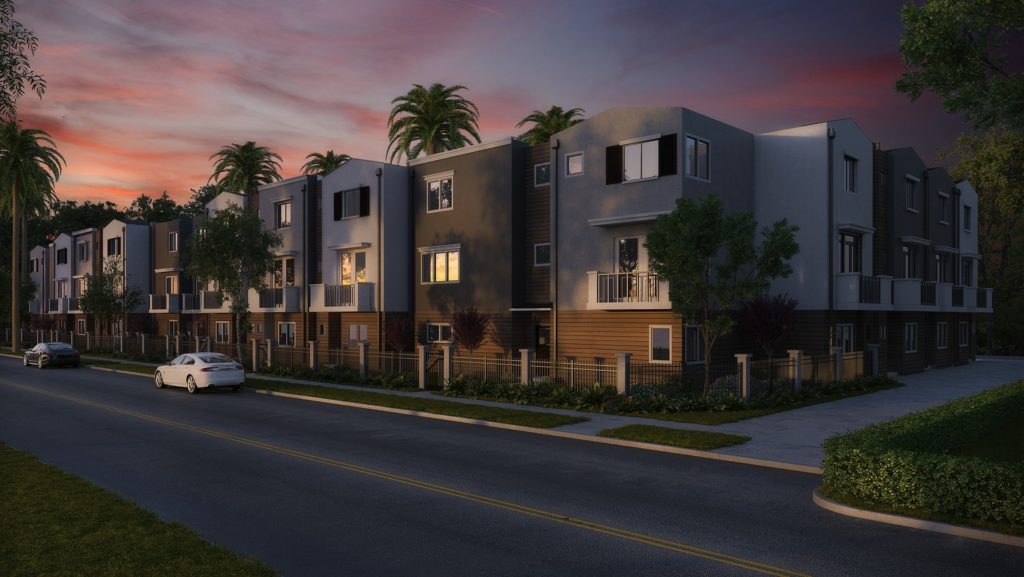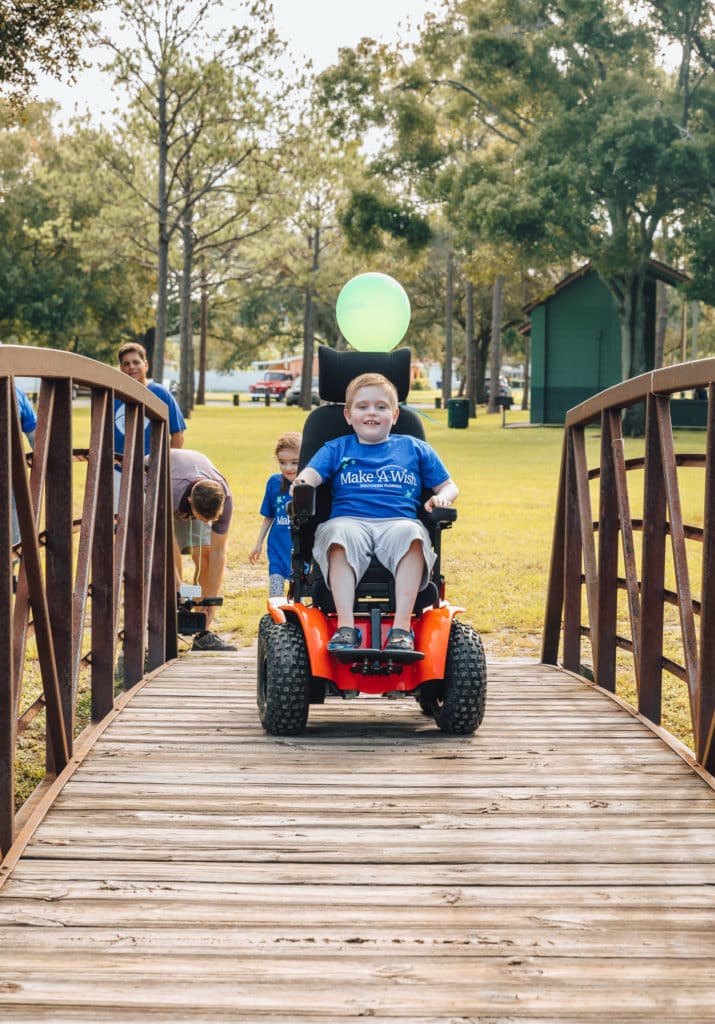By Marcus Fernandez
As a general rule, Florida law holds owners, tenants or those in control of residential and commercial premises responsible when their negligence causes injury to someone lawfully on their property. Several legal issues, such as whether the injured party trespassed or was invited, may enter into determining if a court awards compensation for the injuries. If you have an accident at a condominium or other type of property owned or controlled by a homeowners association, your personal injury lawyer might have multiple parties, including property management companies, to hold responsible for causing the accident and your injuries.
Premises liability and the duty of care
Any discussion of premises liability and compensating someone for injuries occurring on property belonging to another party must start by taking a look at the duty of care owed by an owner, tenant or party in control of the property. In making this determination, Florida law distinguishes between individuals invited to enter the property and trespassers.
Invitees have express or implied permission to enter someone else’s land or building in contrast to a trespasser entering without authorization. A person in control of business or residential property does not owe a duty of care toward a trespasser other than refraining from intentional conduct and warn the person of dangerous conditions known to exist. For example, digging a pit and lining it with spikes to catch people entering your property would be an example intentional conduct designed to cause injury for which the owner or person in control of property could be held liable even for injuries to a trespasser.
A dangerous condition known to exist might include removal of a stairway during at the start of a building renovation without posting signs and barriers preventing someone from walking through a doorway expecting to find steps and plunging to the ground below. If the owner of the building was aware of the danger, the general protection against a claim for compensation against a trespasser could be lost.
Property owners owe a duty of care to invitees to safeguard them against harm by inspecting and maintaining the premises to eliminate hazardous conditions. For example, if you suffer an injury by falling because of loose or missing tiles around a swimming pool at a condominium complex, the condominium association might be liable if it knew of the hazardous condition and did not take steps to repair it before you were injured.
Homeowners associations and liability for accidents
Florida defines a homeowners association as a corporation bearing responsibility for operating a community. Owners of the individual homes or, in the case of a condominium homeowners association, the owners of each condominium unit make up the voting members of the association. A board chosen by a vote of the members governs and manages the community or the condominium building or complex.
A homeowners association owns and has control over real property within its community known as common areas. Examples of common areas might include any of the following depending upon the particular community:
- Streets and sidewalks
- Swimming pools
- Clubhouses, pool house or gym
- Land areas within the community not belonging to individual homeowners
- Street lights
Common areas in connection with a condominium building might include all property, not within each of the individual units. It might also include plumbing, electrical wiring, ductwork and other installations providing utility services to the multiple condominium units. As a general rule, the owner of a condominium unit has control of everything within the unit. The association controls everything else.
For example, if you own a condominium in a high-rise building, corridors and hallways you use to get to and from your unit would be common areas. Responsibility for injuries resulting from accidents occurring in a particular unit of a condominium or in a home in a community of single-family homes lies with the negligent owner. If home or condominium unit in which an accident occurs is leased, the tenant would be responsible as the party in control.
If your injury occurs in a common area, the homeowners association could be liable to pay compensation. Your personal injury lawyer would investigate the claim to find evidence proving the following:
- Control over the site of the accident by the association;
- The association’s knowledge of the hazard causing the accident and your injury; and
- Negligence on the part of the association for failing to take reasonable steps to protect you from the hazardous condition.
The fact that you own or rent within the condominium or community governed by the homeowners association does not prevent you from retaining a Tampa personal injury lawyer to sue the association for damages.
A personal injury attorney can help
Condominiums and homeowners associations frequently rely upon outside management companies to maintain the common areas. Depending upon the facts and circumstances of your accident, having an experienced personal injury attorney review the accident might identify evidence of negligence on the part of a management company in addition to evidence proving a breach of the duty of care owed to you by the association. Contact our team for immediate help with your case today.



